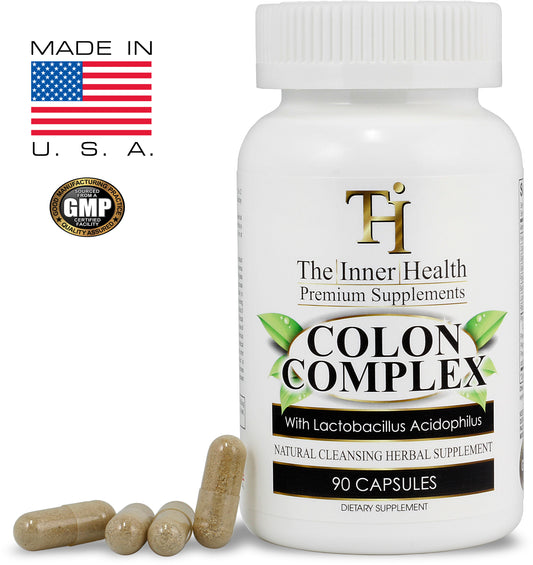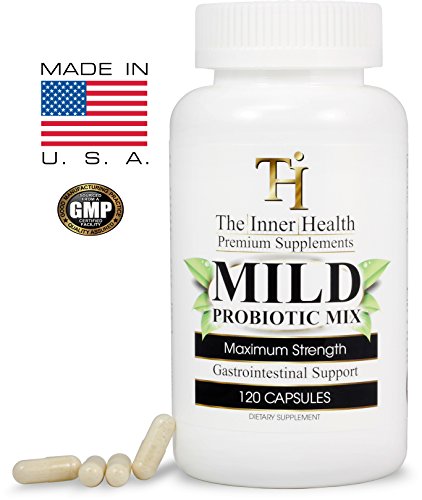Hey there, health-conscious community! Ever wondered about the best time to take magnesium supplements? It turns out, "It depends." The ideal time for magnesium supplementation can vary based on individual preferences and how your body reacts. Let's dive into some factors you should consider before deciding whether morning or evening is best for your magnesium intake.
When to Take Magnesium: Morning or Evening?
The decision to supplement magnesium in the morning or evening can hinge on personal preferences and how your body responds to the supplement. Here are a few tips to help you decide:
-
Observe Your Symptoms: Some people prefer taking magnesium in the morning to provide energy and support for the day ahead. Others find it beneficial in the evening to aid relaxation and sleep. If you're sensitive to magnesium's effects, try different times and see how your body reacts.
-
Individual Reactions to Magnesium: For most, magnesium has a calming effect on the nervous system, aiding muscle relaxation and improving sleep quality. However, it can also act as a natural "energizer," boosting metabolism and activity - this might suggest morning supplementation.
-
How Magnesium Affects You: If magnesium primarily calms you, induces relaxation, or even causes drowsiness, consider taking it in the evening to avoid disrupting your daily activities.
Benefits of Taking Magnesium in the Evening
There are several reasons to take magnesium in the evening. Here are the top three:
-
Healthy Sleep: If magnesium has a calming and sleep-inducing effect on you, taking it in the evening can help you fall asleep and improve sleep quality. It also aids in muscle relaxation, potentially alleviating teeth grinding, snoring, or restless legs, leading to a more restful night.
-
Nighttime Brain Regeneration: Evening magnesium intake is beneficial for its regulatory effects on the circulatory system, including normalizing blood pressure. It's also crucial for proper brain and nervous system function - the brain undergoes intense regeneration at night, and an evening dose of magnesium can support this process.
-
Better Absorption at Night: Taking magnesium in the evening has a practical aspect - the mineral is easily flushed from the body (not by coffee!). By taking it before sleep, you ensure better absorption without interference from other supplements or medications.
Magnesium and Medication Interactions
If you're advised to split your magnesium dose into two portions daily, consider one portion in the morning and another in the evening. Adjust the dose according to your needs, following medical advice. If you're taking other supplements or medications, check for potential interactions with magnesium.
Supplementing Magnesium - Things to Remember
Certain medications should not be taken with magnesium supplements, including:
- Iron supplements - magnesium can hinder iron absorption.
- Diuretics and laxatives - these can affect magnesium absorption.
- Some antibiotics, especially tetracyclines - magnesium can reduce the absorption of these antibiotics.
On the other hand, vitamin D, calcium, vitamin B6, and potassium are beneficial when taken with magnesium, aiding in various bodily processes.
Consult with a doctor or pharmacist to determine the best dose and timing for magnesium supplements, considering your individual needs, lifestyle, and potential interactions with other supplements or medications.
Magnesium's Role in the Body
Magnesium is crucial for regulating over 600 enzymes, playing a vital role in bone metabolism, thermoregulation, hydroxylation of vitamin D, and blood glucose control. It's also important for heart function, preventing arterial spasms, lowering the risk of hypertension and ischemic heart diseases, and is key in bone and tooth structure, countering conditions like osteoporosis.
Current Magnesium Intake Guidelines
According to the Institute of Food and Nutrition guidelines, the average dietary requirement (EAR) for magnesium is 350 mg for men and 265 mg for women, with a recommended intake (RDA) of 420 mg for men and 320 mg for women.
Make sure to consult health professionals for tailored advice on magnesium supplementation!





